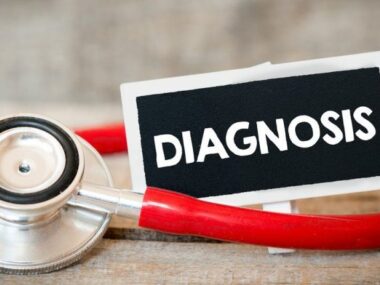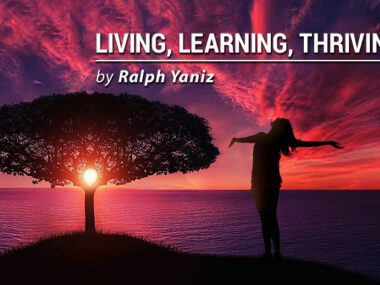$3M Grant to Help Build ‘Pediatric Cell Atlas of Skeletal Muscle’
Written by |

A team of researchers received a $3-million grant from the Chan Zuckerberg Initiative to create a comprehensive blueprint of healthy skeletal muscle cells — whose dysfunction is associated with several rare muscle diseases, such as muscle dystrophy — as children grow.
Muscular dystrophy comprises a group of more than 30 genetic diseases that cause progressive weakness and wasting of skeletal muscles used during voluntary movement.
Understanding skeletal muscle cells’ ‘normal state’ and changes in gene activity during pediatric development will help pinpoint the underlying mechanisms of muscle conditions and identify potential therapeutic approaches.
The project, called “Pediatric Cell Atlas of Skeletal Muscle,” will be led by Mokol Lek, PhD, an assistant professor of genetics at Yale University who was diagnosed with limb-girdle muscular dystrophy (LGMD) about 20 years ago. LGMD causes progressive weakening of the hip, thigh, and shoulder muscles.
Expected to take three years to complete, the new atlas seeks to provide a roadmap of healthy skeletal cells and show how they change at the single-cell level at four key age group milestones between birth and 18 years.
To create an atlas that accurately represents what happens to these cells in the general population, the researchers will need biopsy-derived skeletal tissue samples from a diverse set of donors across ages, sex, and ancestry.
“All the research to date has lacked diversity,” Lek said in a university press release. “If we’re creating a single-cell atlas, we want it to be representative of all people, so we were careful to select tissue resources that were reflective of the broader United States.”
The team — including muscle researchers and clinicians at children’s hospitals in close consultation with pediatric disease advocates — will not only obtain samples from children previously suspected of having a muscle disease, but also use tissues from existing hospital biobanks and autopsies.
In addition to Yale New Haven Hospital, other institutions involved in this initiative include Newcastle University, in the U.K., Cornell University, and major children’s hospitals in the U.S., including the Children’s National Hospital in Washington, D.C. All sites will take part in tissue collection.
The researchers will use cutting-edge technology to analyze gene activity in skeletal muscle cells, as well as its changes over time.
Lek’s own experience with LGMD gives him a rare insight into the urgency of understanding the mechanisms behind these rare diseases at the most basic single-cell level to identify new therapeutic targets and approaches.
“I live in pain every day,” the geneticist said, adding that it is not just physical, but also psychological pain.
“If you study your own disease, you know your fate. The more I know, the less hope I have,” Lek added.
That’s why he has his eyes set on the long-term benefits of this type of information, “not just the project.” He wants to help “discover what genes and mutations cause disease and address the genetic root cause.”
“I hope to create custom designed, scalable therapies for each patient and to find a funding model that allows treatment to be accessible to all patients,” Lek said.
Several of these rare muscle diseases, including LGMD, share a key feature: symptoms are triggered when a person reaches a certain age.
Muscle MRI scans of people with genetic muscle diseases “tell us that wasting happens differently in different muscles,” Lek said. “We see that consistently across patients.”
The new atlas is expected to help better understand how childhood development triggers this process, and why several of these diseases affect particular muscles first.
Once completed, researchers will join their findings with those of the Human Cell Atlas to strengthen future studies. The Human Cell Atlas is an international effort to map and characterize all cells in the healthy human body as a resource for scientific studies of health and disease.
The Chan Zuckerberg Initiative is funding similar projects for different types of tissues from adults and children to enrich the Human Cell Atlas.






